P'urhépecha Uekani
Los Cenzontles promotes authentic roots music including the purépecha style of Michoacan, Mexico. The Purépecha, a proud people with a strong ancient culture, claim to never have been conquered by neither the Aztecs nor the Spaniards.
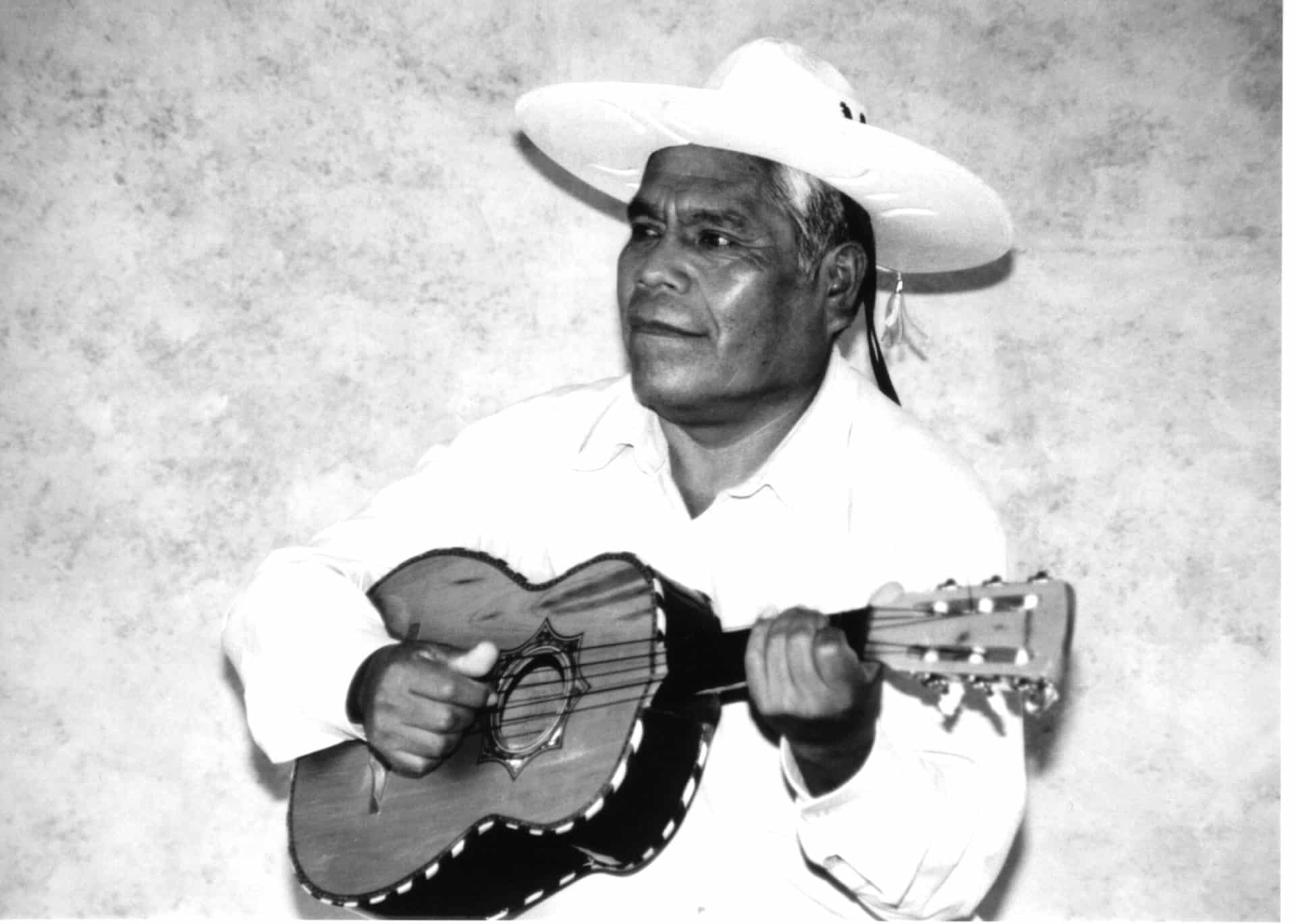
Los Cenzontles meets Atilano López Patricio
Los Cenzontles met maestro Atilano López Patricio, a Native Purépecha musician, songwriter, artisan and painter from Jarácuaro, Michoacán, México. In his youth, Don Atilano worked in the fields along with his brothers and father Gervacio López Isidro, and played music in the afternoons. He first came to California in 1999 at which time he began sharing his traditions with members of Los Cenzontles.
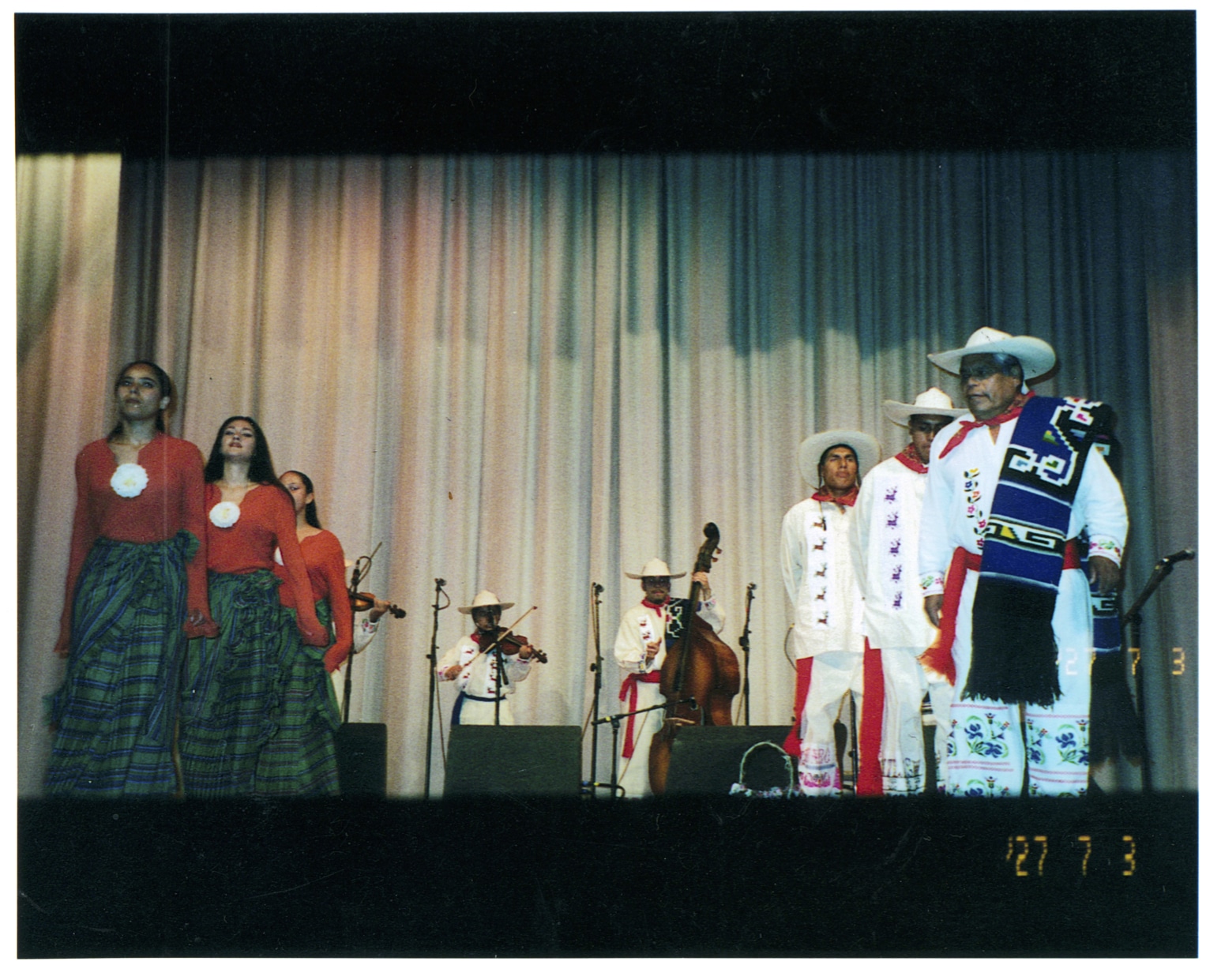
Learning Son Abajeño of Michoacán
Los Cenzontles members have learned to sing Pirekuas in Spanish and Purépecha, the native tongue of Michoacan. These songs express sentiments often filled with love and meaningful messages of the Purépecha people. Flor Indita is one of many Pirekuas that Atilano Lopez has composed.
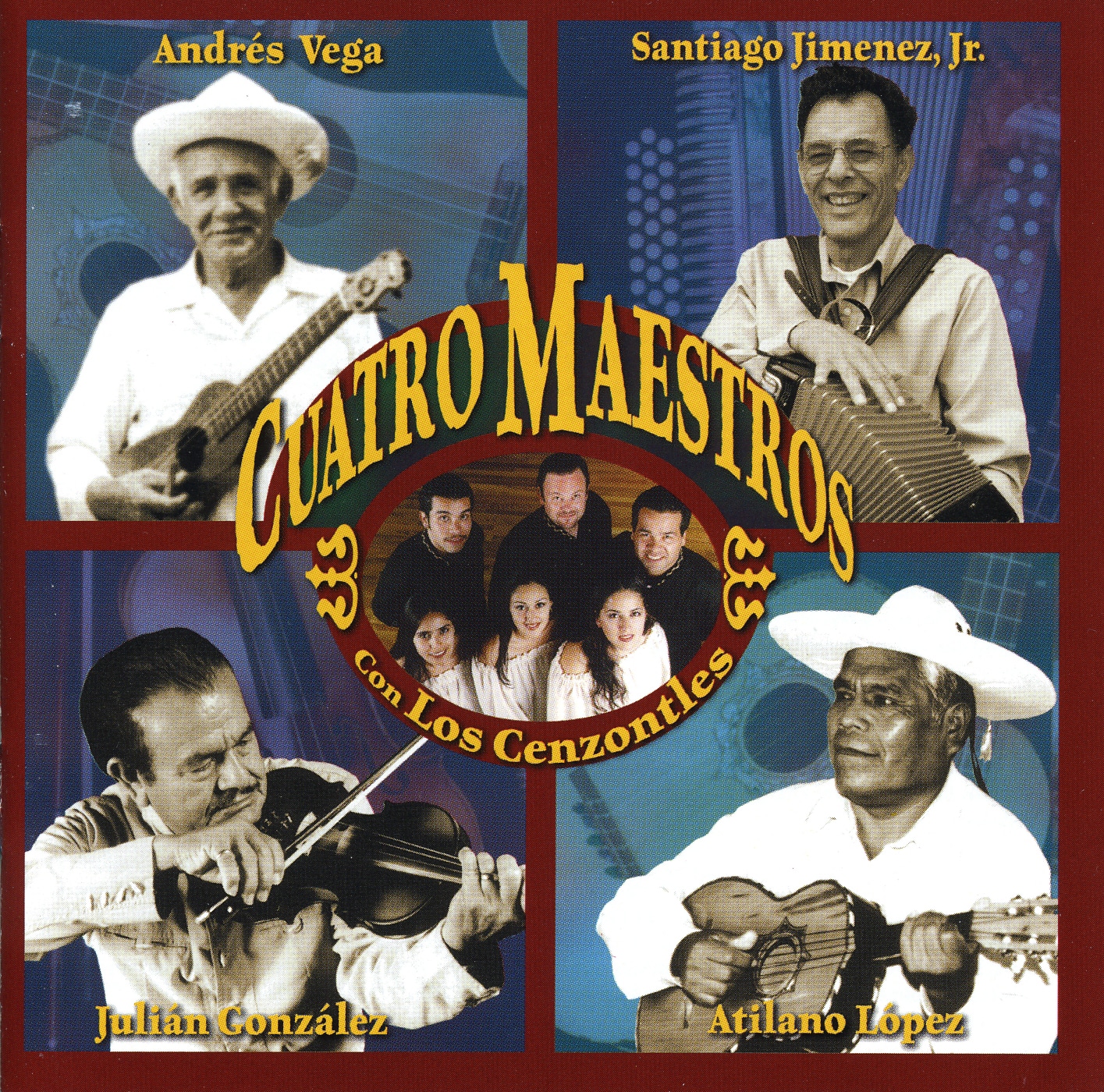
Cuatro Maestros Tour
Atilano Lopez Patricio joined Los Cenzontles alongside his sons Atilano Jr. and Roberto in the 2001 Cuatro Maestros Tour, playing sones abajeños de Michoacan and pirekuas in Los Angeles, Sacramento, Fresno, San Jose, Monterey Bay, and Berkeley. The audience absorbed this unique style of music with excitement and admiration.
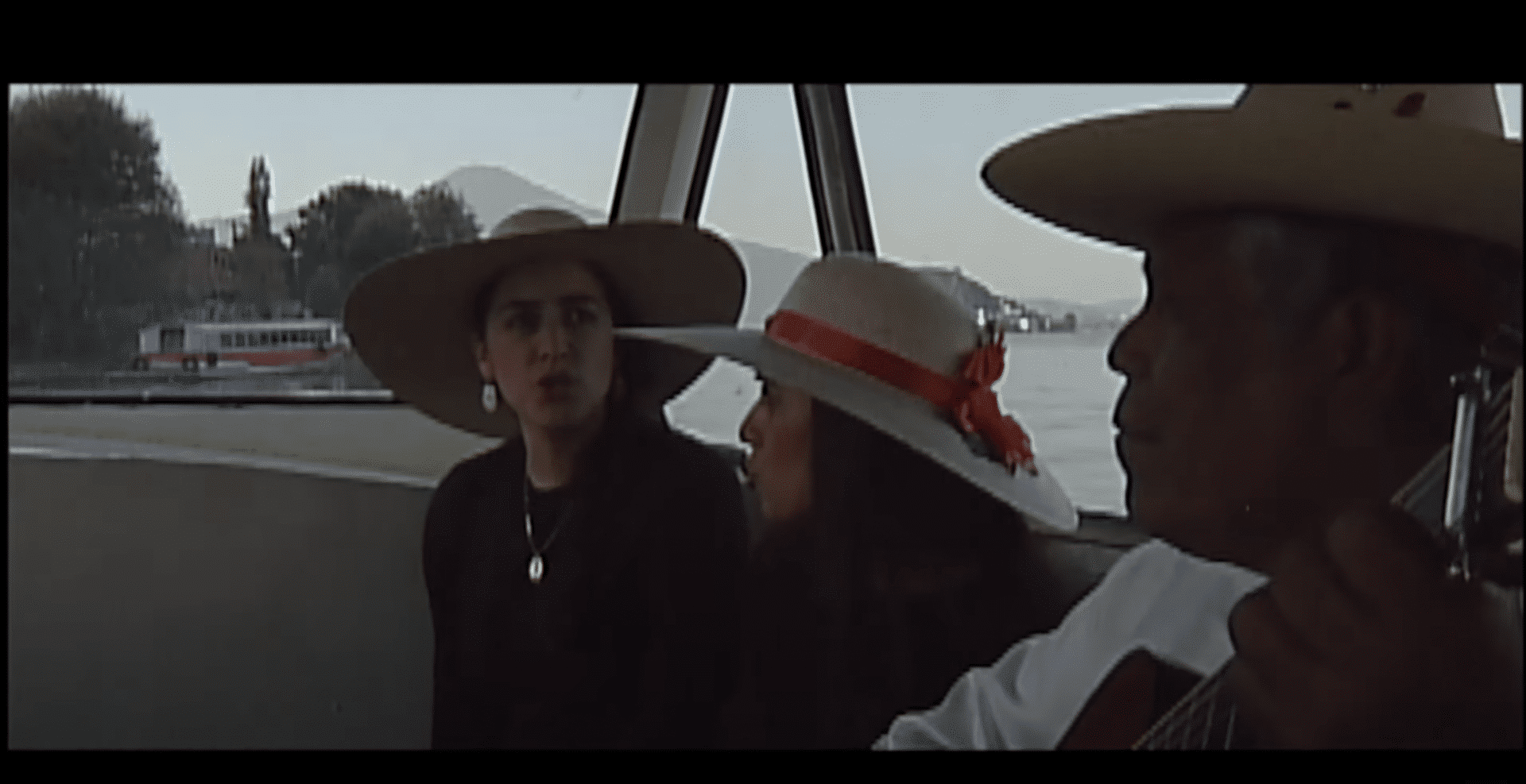
Querido Jarcuaro, Michoacán
In 2004, Fabiola Trujillo and Lucina Rodriguez, celebrated singing duo at Los Cenzontles, visited maestro Atilano in his hometown of Jaracuaro, Michoacan. Fabiola and Lucina come from Zacatecas and Jalisco, but they instantly connected with the Purépecha people who were amazed with the beautiful, authentic sounds they created in the purépecha style. One of the songs they sang in Jaracuaro is Naninan Upirin.
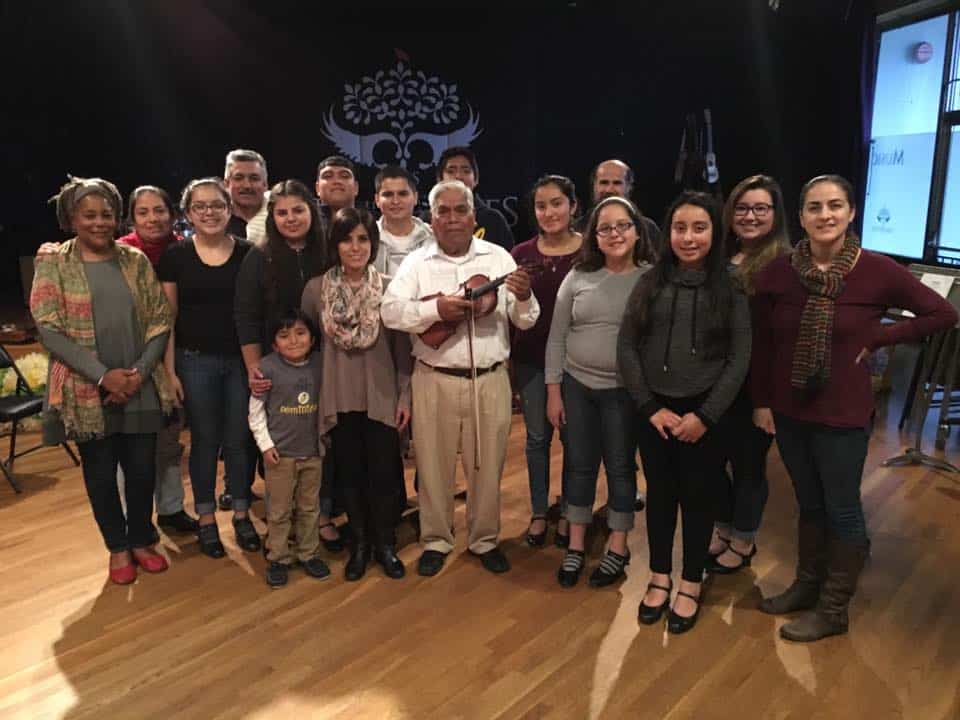
Noche P'urhepecha
Students at Los Cenzontles learn to dance and play sones abajeños de Michoacán and sing Pirekuas with maestra Lucina Rodriguez. When Atilano Lopez visits us in San Pablo, we hold workshops with our students and organize concert events to play for our families and greater community. In 2017, we hosted our first Noche P'urhepecha at our academy. Watch Cara de Pingo and Flores de Lexington, live on our stage.

Male Rosita - Los Cenzontles Juvenil
Los Cenzontles Juvenil, composed of our academy students, recorded Male Rosita which is a traditional son abajeño sung in the P’urhépecha language.
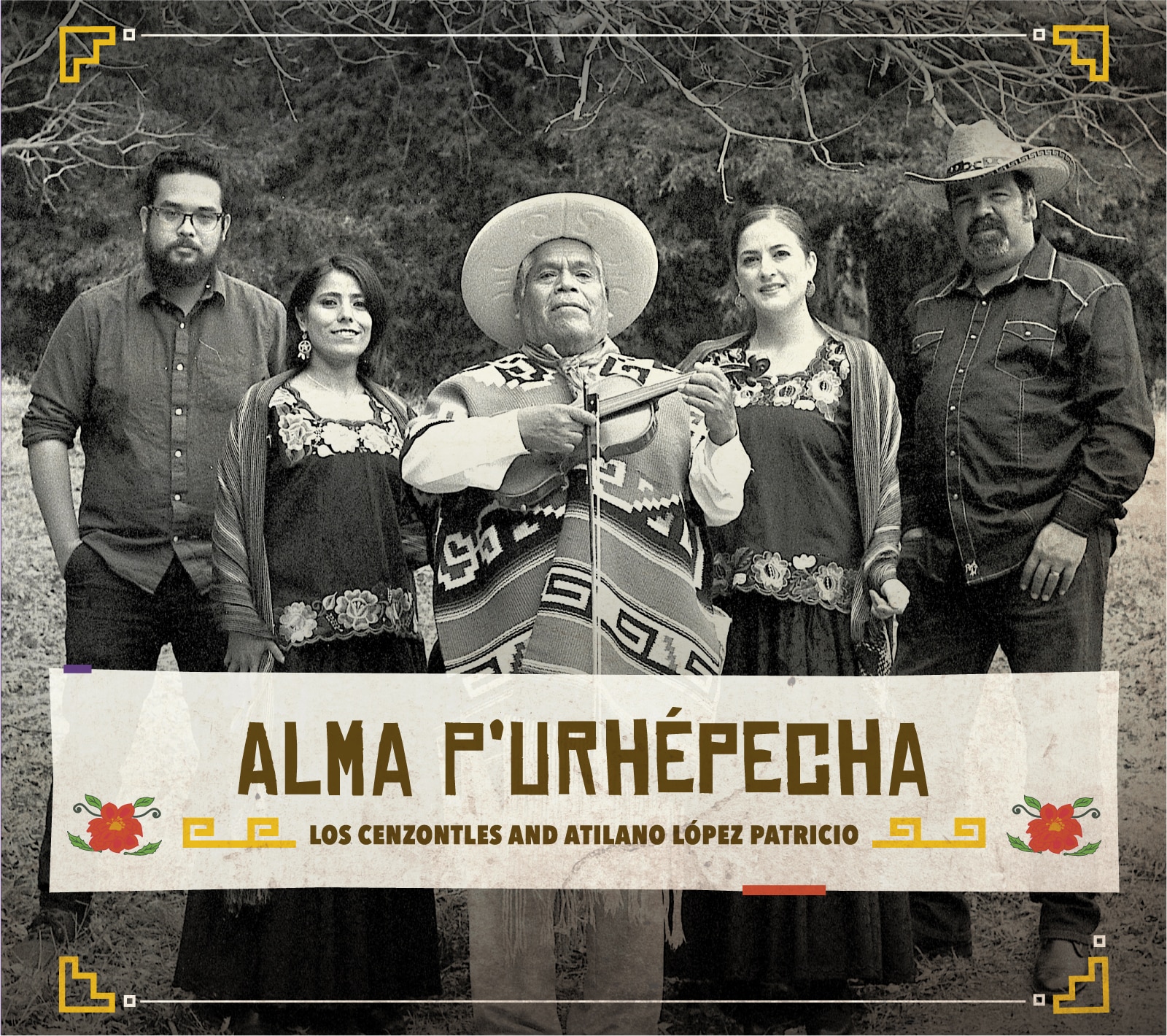
Alma P’urhepecha
That same year, Don Atilano visited Los Cenzontles to record Alma P’urhepecha, a compilation of sones abajeños and original pirekuas, turning into a symbol of their many years of friendship.
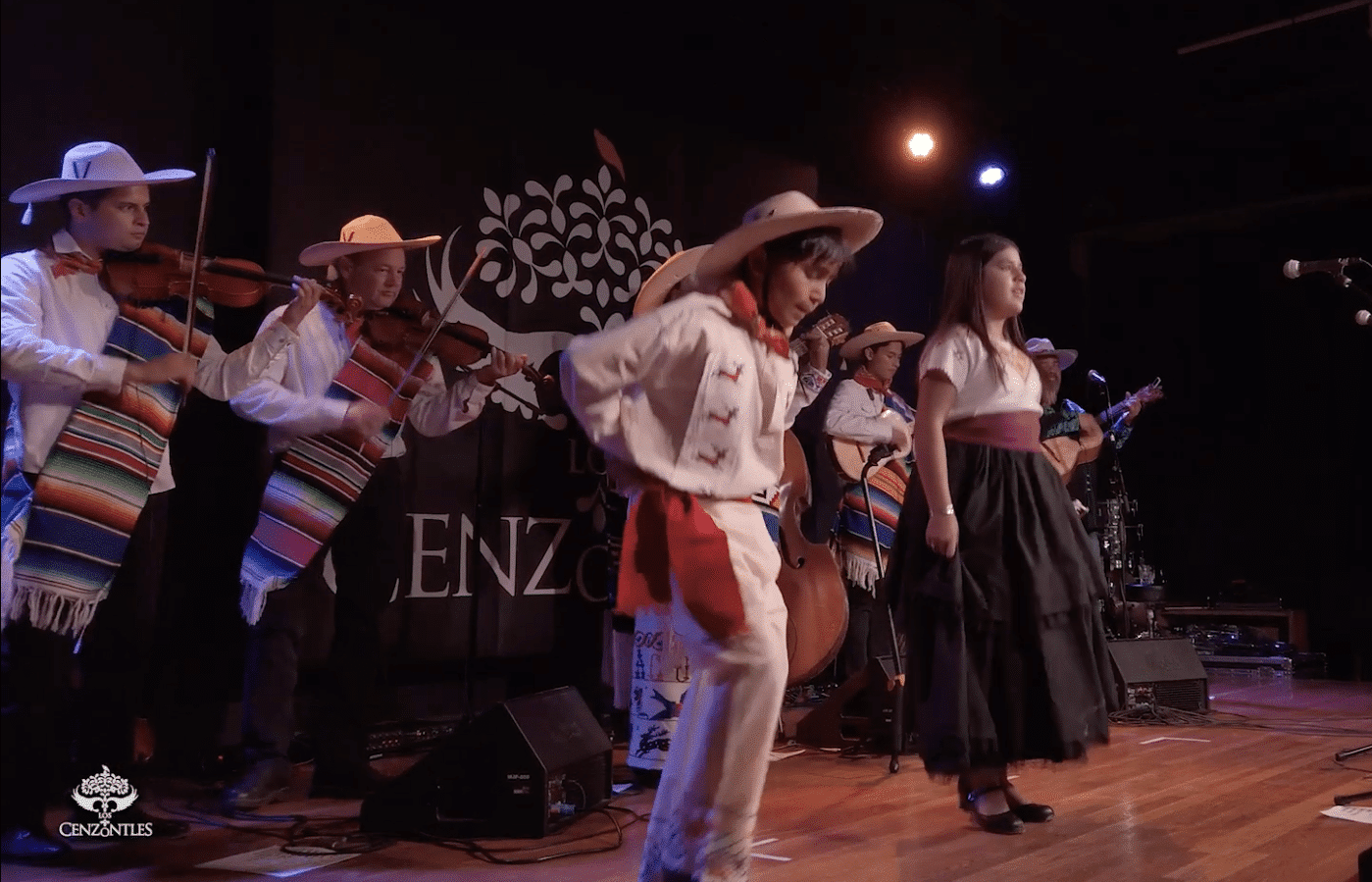
Segunda Noche P’urhépecha
We hosted a second Noche P’urhépecha with maestro Atilano Lopez Patricio. Together with the Los Cenzontles Band and academy students, we played a variety of P’urhépecha styles. Watch our Noche P'uhépecha Highlights!

Male Lucinita
Later in 2019, Don Atilano composed Male Lucinita (Miss Lucinita), a pirekua for Lucina Rodriguez, singer, dancer, musician, and leader at Los Cenzontles.

Son Abajeño at Los Cenzontles Cultural Arts Academy
Los Cenzontles continues to practice the P’urhépecha style of music and passes on the tradition to young generations through their academy program.
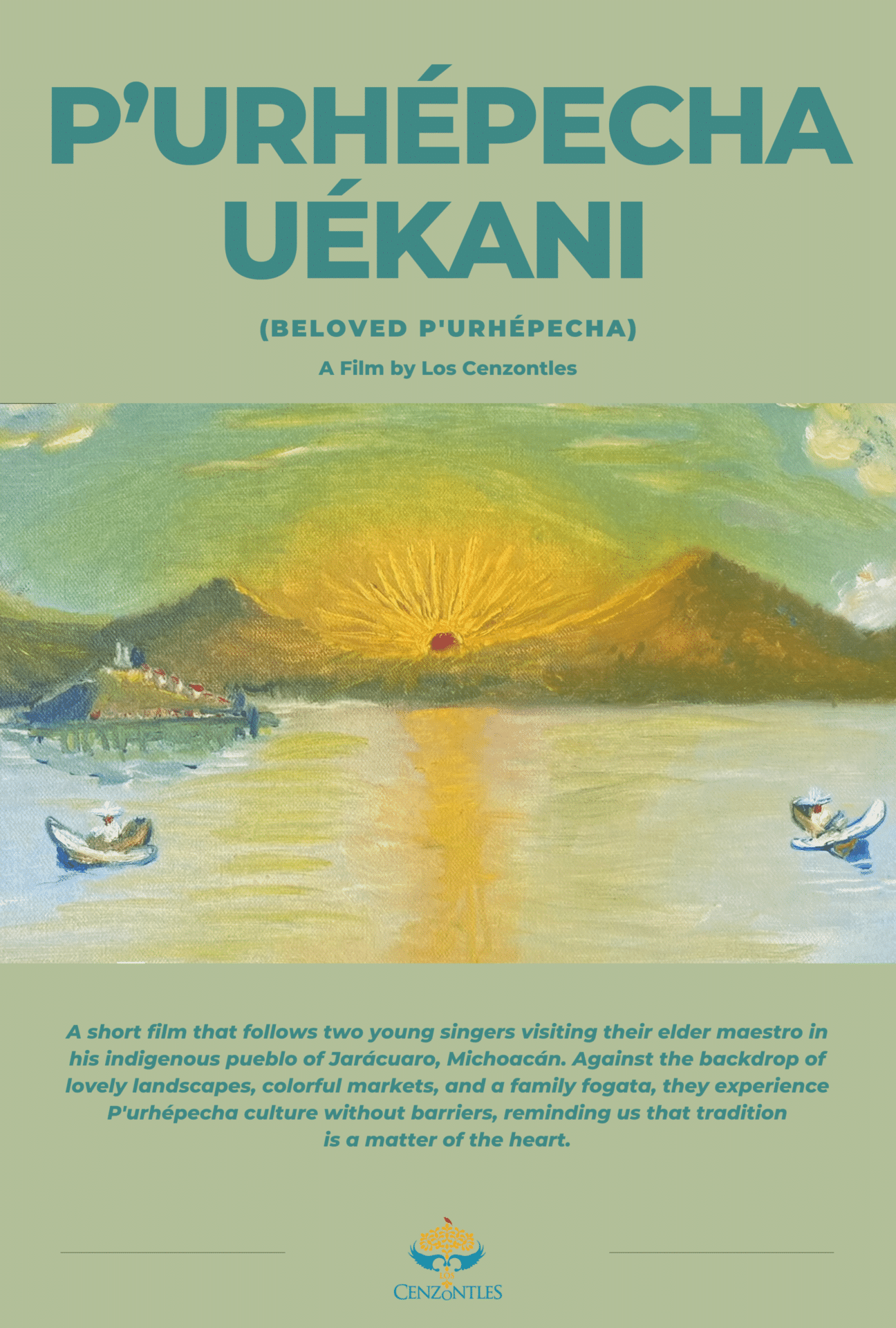
P'urhépecha Uékani
Los Cenzontles release P'urhépecha Uékani, a short documentary depicting two young singers visiting their elder maestro in his Indigenous Mexican pueblo. Fabiola Trujillo and Lucina Rodriguez, of Mexican American roots group Los Cenzontles, began studying traditional P'urhépecha music with Atilano López Patricio at their cultural arts academy in San Pablo, Ca in 1999. This 2004 visit was their first to his pueblo of Jarácuaro, Michoacán. The film was screened in intimate presentations in Pátzcuaro, Morelia, y Zamora, Michoacán, and en Xalapa, Veracruz before its public release. Watch the English version by clicking here: P'urhépecha Uékani (Beloved P'urhépecha) Watch the Spanish version by clicking here: P'urhépecha Uékani (P'urhépecha Querida)
